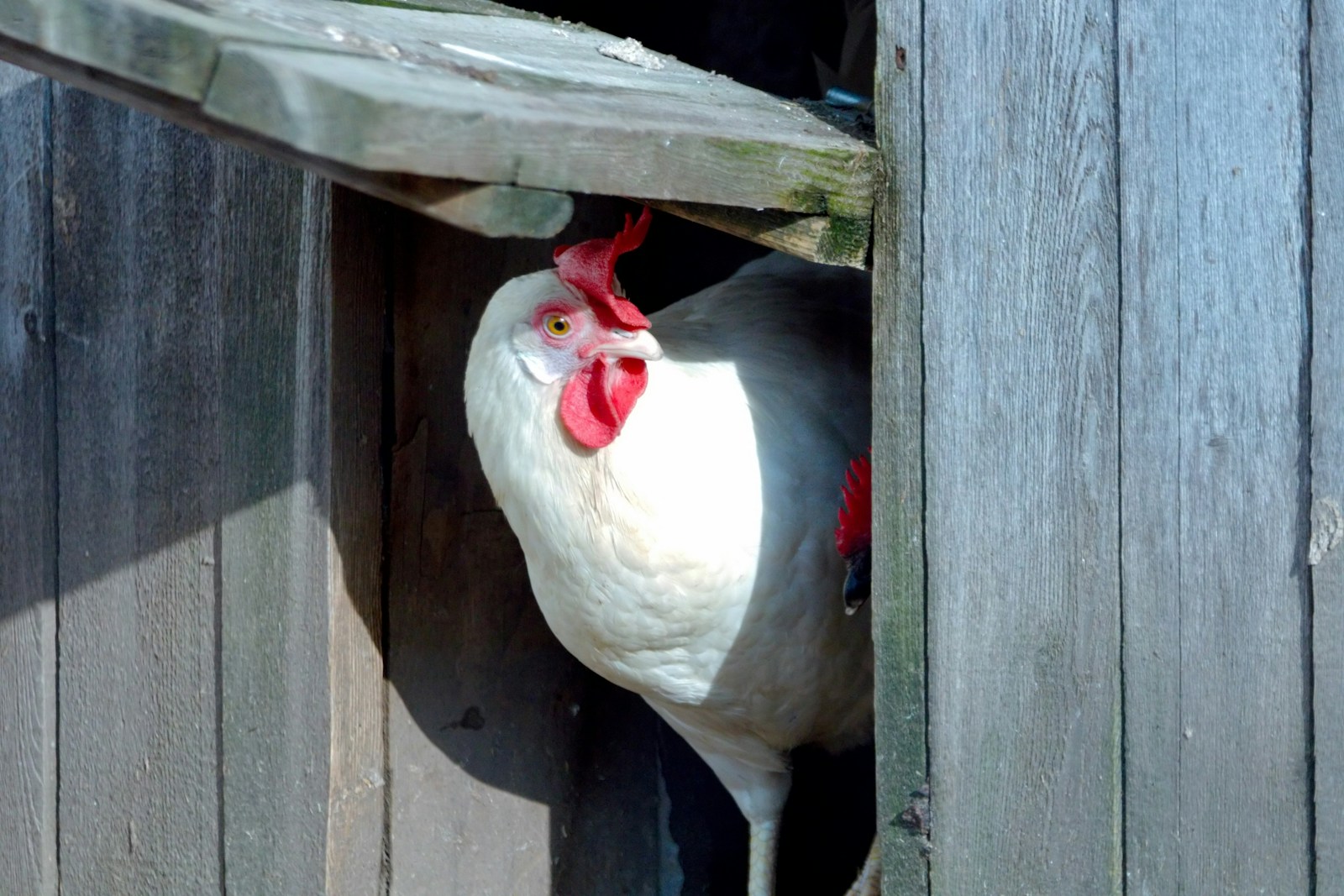
农民
nóngmín

farmer
The word '农民' in Chinese is used to denote a person engaged in farming or agriculture. The term is being used the same way as in English. For example, they might say '那个人是一个农民' which translates to 'That person is a farmer'.
Example sentences using: 农民
农民正在种麦子。
nóngmín zhèngzài zhòng màizi.

The farmer is sowing wheat.
This sentence is showing the action a farmer is participating in: sowing wheat. The term '农民' here refers to a farmer.
他的父母都是农民。
tā de fùmǔ dōu shì nóngmín.

His parents are both farmers.
In this sentence, '农民' is used to describe the profession of someone's parents.
农民生活艰苦但充满希望。
nóngmín shēnghuó jiānkǔ dàn chōngmǎn xīwàng.

The sentence uses '农民' to broadly describe a group of people (farmers) and their lifestyle.
None
农民的收入正在增加。
nóngmín de shōurù zhèngzài zēngjiā.

The farmer's income is increasing.
Here, '农民' is used to indicate to whom the income belongs.
农民工作真辛苦。
nóngmín gōngzuò zhēn xīnkǔ.

Farmers' work is really hard.
Here, '农民' is used to refer to a specific group of people and the hard work they do.
我们为农民提供了新的工具。
wǒmen wèi nóngmín tígōng le xīn de gōngjù.

We provided new tools for the farmers.
In this context, '农民' refers to the group of people for whom something is provided.
这个项目特别关注农民。
zhège xiàngmù tèbié guānzhù nóngmín.

This project particularly focuses on farmers.
In this situation, '农民' is the group that the project pays particular attention to.
公园里有很多农民在休息。
gōngyuán lǐ yǒu hěnduō nóngmín zài xiūxi.

There are a lot of farmers resting in the park.
The term '农民' here refers to a group of people observed in a park.
这些土地都是农民的。
zhèxiē tǔdì dōu shì nóngmín de.

These lands all belong to the Farmers.
In this context, '农民' refers to the rightful owners of the lands.
她是一个农民,总是早上五点就开始干活。
tā shì yíge nóngmín, zǒngshì zǎoshàng wǔ diǎn jiù kāishǐ gàn huó.

She is a farmer, always starts working at five in the morning.
In this sentence, '农民' is used to describe what profession a person has.